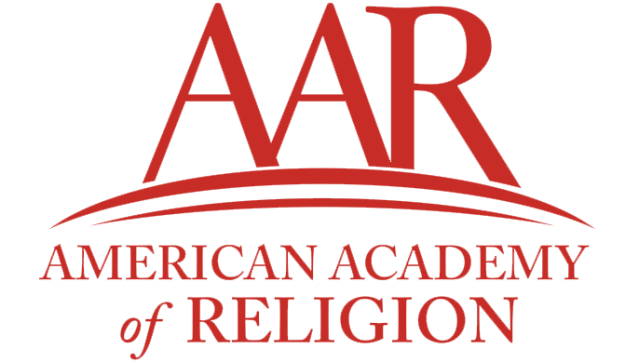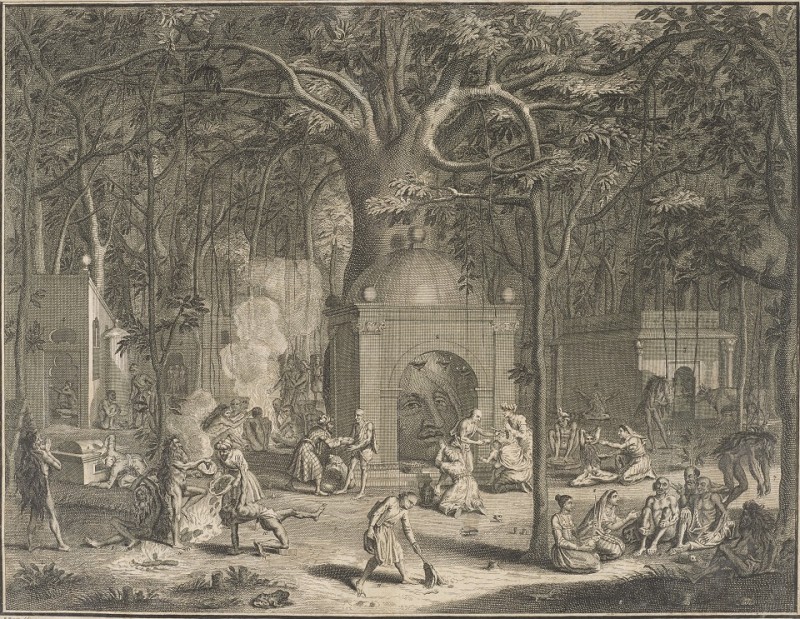Below is a response I received to my last post calling for an end to the conference interview and the Employment Center at the AAR Annual Meeting. It comes from Ryan Woods, a graduate school colleague of mine and currently the Associate Director of Employment Services at the AAR. I post it here with his permission. Disclaimer: what … Continue reading A Response to My Call to Abolish Conference Interviews
The $200 Handshake: Why We Should Stop Doing Job Interviews at Conferences #SBLAAR14
It is time for search committees to stop interviewing candidates at national conferences. It is time for the American Academy of Religion and the Society of Biblical Literature to dissolve the (un)Employment Center. Over the weekend I noticed some posts in my Facebook timeline from friends and colleagues who are on the job market about … Continue reading The $200 Handshake: Why We Should Stop Doing Job Interviews at Conferences #SBLAAR14
How To Rid Yourself of a Constructivist Argument in 3 Easy Steps
Step one: Assert that the constructivist is saying nothing new. A constructivists' criticisms are obviously true and we know this already and we’ve already incorporated them into our work and so all this is old news Step two: Assert that the constructivist is wrong. These criticisms are obviously false because they misrepresent how real people (ie., not … Continue reading How To Rid Yourself of a Constructivist Argument in 3 Easy Steps
What Podcasts Do You Put in Your Ears?
I'm working on a review essay that covers the various academic podcasts about religion and religious studies that have appeared in the past few years. I'm limiting myself to academic podcasts, or at least podcasts that feature academics. So, I'm not including things like Interfaith Voices or On Being. I am interested in podcasts not … Continue reading What Podcasts Do You Put in Your Ears?
Hindoos, Hindus, Spelling, and Theory
What is the relationship between spelling and theory? I often tell people my research is about "Hinduism in nineteenth century America." But it's really not. It's not about Hinduism at all. It can't be because the idea of "Hinduism," a world religion comparable to other world religions, isn't invented until the late nineteenth century. That's … Continue reading Hindoos, Hindus, Spelling, and Theory
Europeanizing the Buddha and Constructing a World Religion
The Buddha, as many in the West understand him, was invented in the nineteenth century, says Donald Lopez. This Europeanized image of the Buddha emerged after hundreds of years of Christian misconceptions about the Buddha, argued Lopez. During visits to Asia, Europeans had seen different images of the Buddha, represented in the various artistic styles … Continue reading Europeanizing the Buddha and Constructing a World Religion
“Native” is not a native term
A colleague on categories of practice and categories of analysis: That this distinction between practice and analysis is itself a form of identification for that thing we come to call the academy is certain (for we can indeed study the social practice of scholarship itself, no?), but I would argue that the result of these … Continue reading “Native” is not a native term
Not a Native Term: A New Blog for a New Job
The title of this blog has changed along with the design. The new title, "Religion is Not a Native Term" comes from the chapter, "Religion, Religions, Religious" written by Jonathan Z. Smith in Critical Terms for Religious Studies. It's part of Smith's larger argument that the category "religion" is an invention of the scholar. There … Continue reading Not a Native Term: A New Blog for a New Job
Full Circle: Staying at the University of Alabama and Visiting the College of Charleston
So, some big news (that I've already announced on Facebook and Twitter and that you might already know about). I have accepted a tenure track job as Assistant Professor in the Department of Religious Studies at the University of Alabama. I'm incredibly happy and excited about this position. As Russell McCutcheon wrote at the department … Continue reading Full Circle: Staying at the University of Alabama and Visiting the College of Charleston
Religious Difference and the Monkey King of Oklahoma City
In 2012 private funds paid to erect a Ten Commandments monument on the grounds of the Oklahoma State Capitol. A 2009 state law allowing privately funded religious monuments on public grounds paved the way for the Ten Commandments to sit in granite outside the capitol. Seeing an opening in the new law and the new … Continue reading Religious Difference and the Monkey King of Oklahoma City









